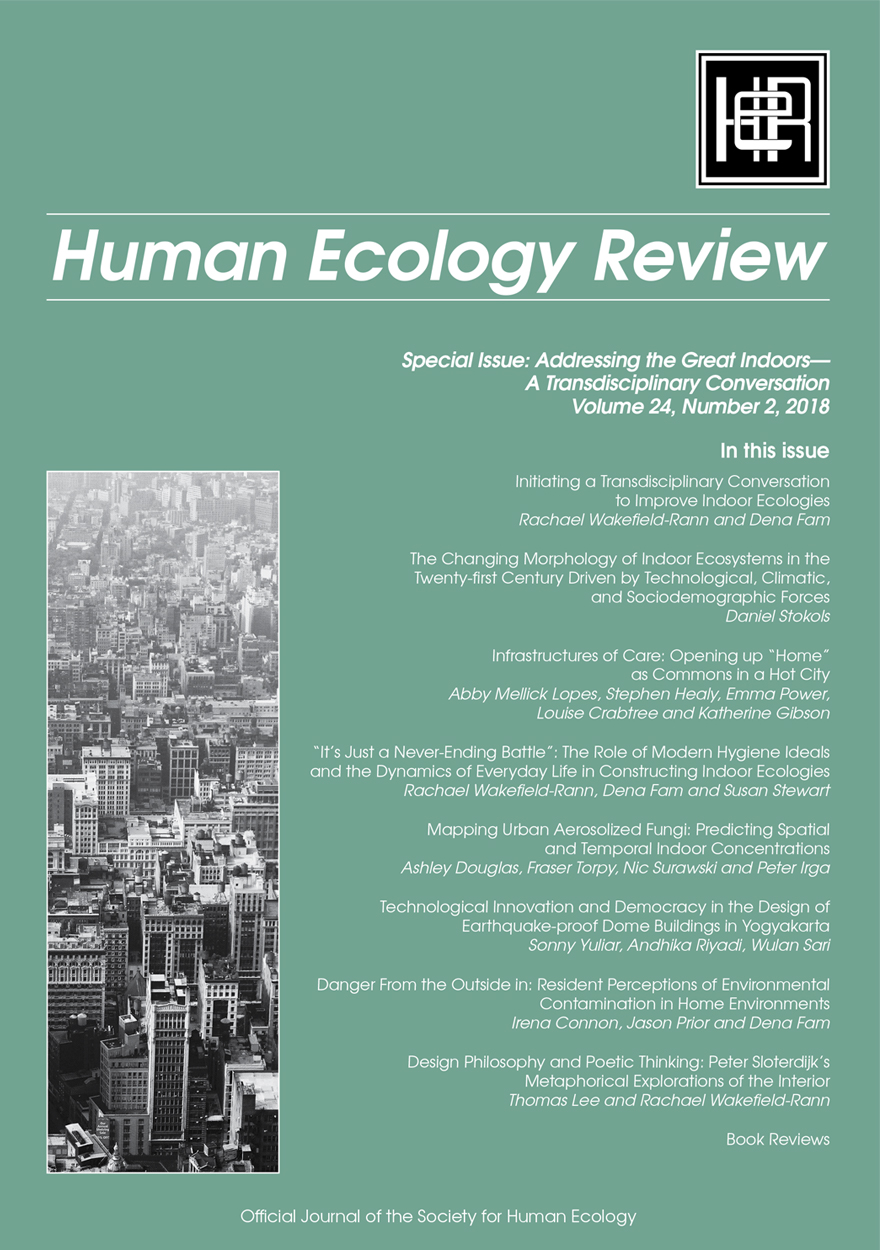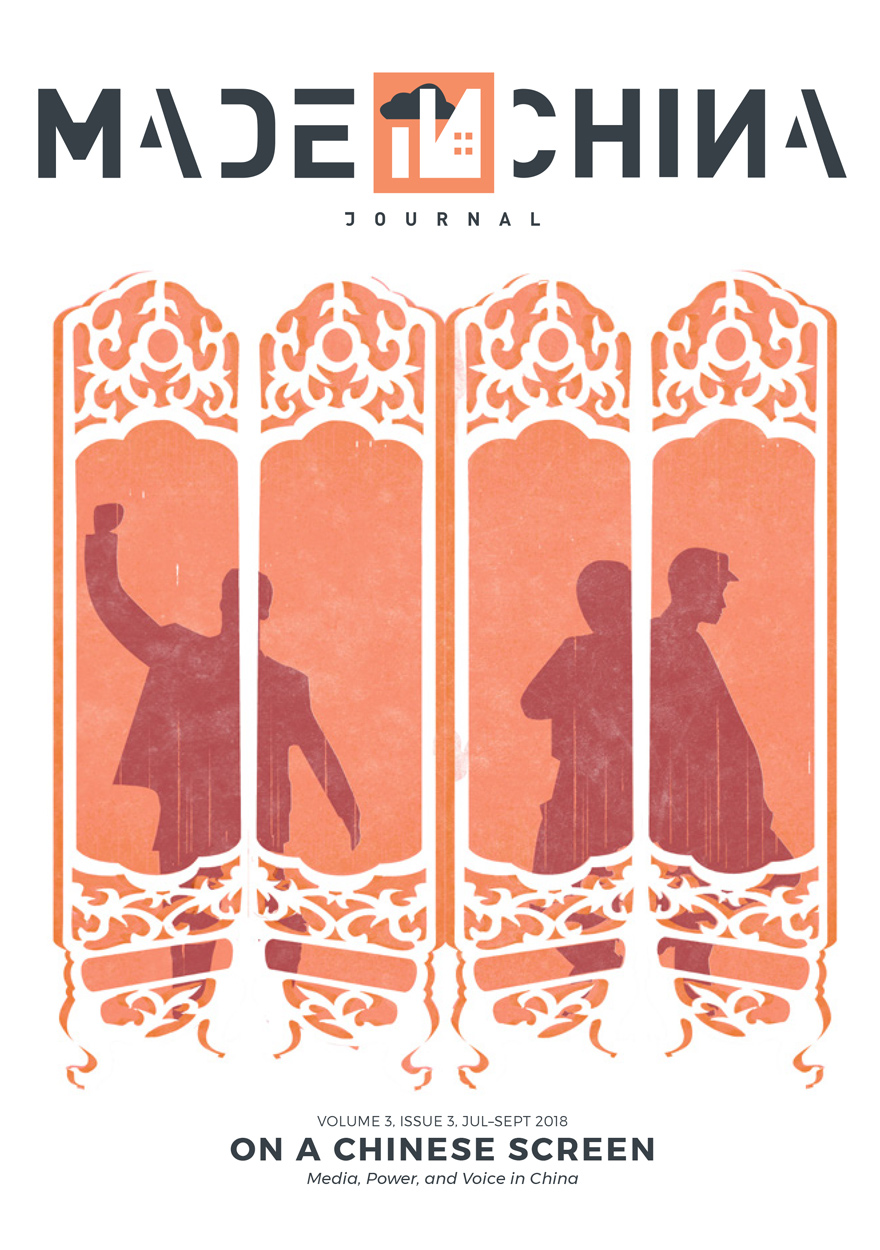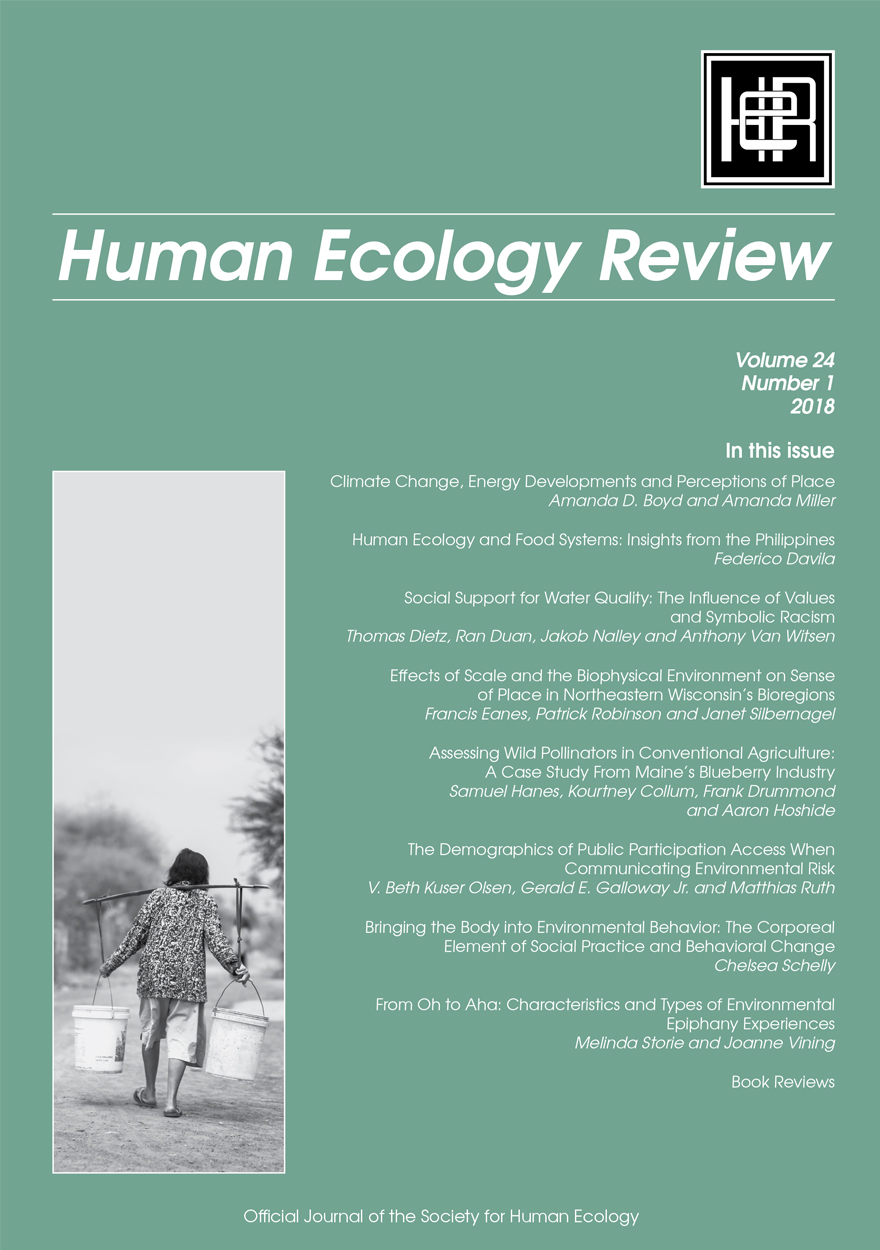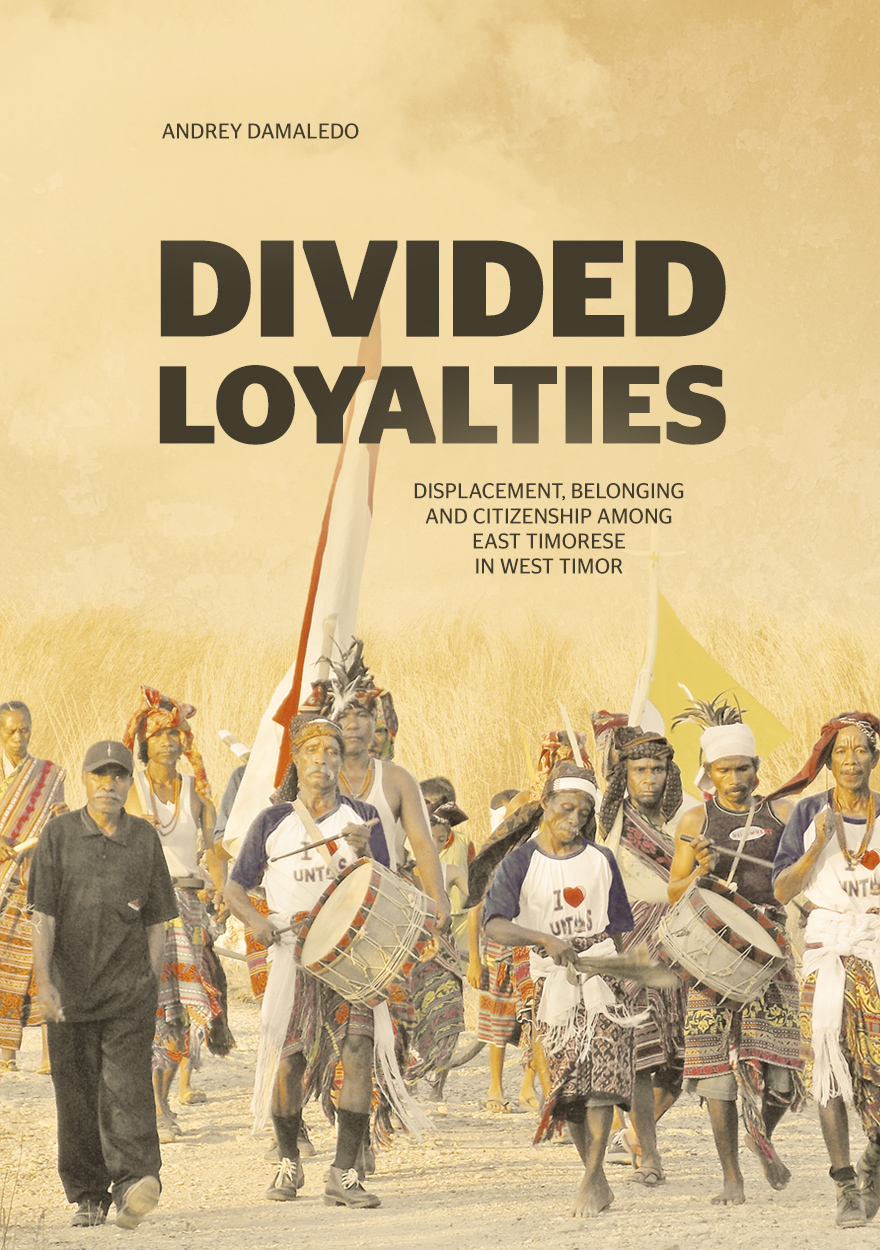Search titles
Displaying results 111 to 120 of 376.

Made in China Journal: Volume 3, Issue 4, 2018 »
Edited by: Ivan Franceschini, Nicholas Loubere
Publication date: December 2018
In December 2018, the Chinese authorities commemorated the 40th anniversary of China’s reform and opening up. These four decades of unprecedented economic growth and transformation have been rooted in a fundamental socioeconomic restructuring. Contemporary China has changed from a largely agrarian society predominantly inhabited by peasants, to a rapidly urbanising one, characterised by a floating populace moving back and forth between rural and urban spaces, which are in a continuous state of flux. Going hand in hand with China’s ascent into modernity is the subordination of rural areas and people. While rural China has historically been a site of extraction and exploitation, in the post-reform period this has intensified, and rurality itself has become a problem. This issue of Made in China focuses on the labour that these attempts to restructure and reformulate rural China have entailed, and the ways in which they have transformed rural lives and communities.
Download for free
Not available for purchase

Human Ecology Review: Volume 24, Number 2 »
Special Issue: Addressing the Great Indoors — A Transdisciplinary Conversation
Publication date: December 2018
Human Ecology Review is a semi-annual journal that publishes peer-reviewed interdisciplinary research on all aspects of human–environment interactions (Research in Human Ecology). The journal also publishes essays, discussion papers, dialogue, and commentary on special topics relevant to human ecology (Human Ecology Forum), book reviews (Contemporary Human Ecology), and letters, announcements, and other items of interest (Human Ecology Bulletin). Human Ecology Review also publishes an occasional paper series in the Philosophy of Human Ecology and Social–Environmental Sustainability.
Download for free
Not available for purchase

A New Rival State? »
Australia in Tsarist Diplomatic Communications
Publication date: October 2018
A New Rival State? is a unique collection of dispatches written in 1857–1917 by the Russian consuls in Melbourne to the Imperial Russian Embassy in London and the Russian Foreign Ministry in St Petersburg. Written by eight consuls, they offer a Russian view of the development of the settler colonies in the late nineteenth century and the first years of the federated Commonwealth of Australia. They cover the federalist movement, the changing domestic political situation, labour politics, the treatment of the Indigenous population, the ‘White Australia’ policy, Australia’s defensive capacity and foreign policy as part of the British Empire.
The bulk of the material is drawn from the Russian-language collection The Russian Consular Service in Australia 1857–1917, edited by Alexander Massov and Marina Pollard (2014), using documents from the archive of the Russian Foreign Ministry.

East Asia Forum Quarterly: Volume 10, Number 4, 2018 »
Publication date: October 2018
East Asia Forum Quarterly grew out of East Asia Forum (EAF) online, which has developed a reputation for providing a platform for the best in Asian analysis, research and policy comment on the Asia Pacific region in world affairs. EAFQ aims to provide a further window onto research in the leading research institutes in Asia and to provide expert comment on current developments within the region. The East Asia Forum Quarterly, like East Asia Forum online, is an initiative of the East Asia Forum (EAF) and its host organisation, the East Asian Bureau of Economic Research (EABER) in the Crawford School of Economics and Government in the College of Asia & the Pacific at The Australian National University.
Download for free
Not available for purchase

Made in China Journal: Volume 3, Issue 3, 2018 »
Edited by: Ivan Franceschini, Nicholas Loubere
Publication date: September 2018
The previous decade saw widespread discussions about the role of the Internet in reshaping power relations in Chinese society. New media—it was widely believed—would give voice to the poor and downtrodden, allow citizens to better supervise government activity, and foster lively cultural exchanges. Workers would also benefit from this, as the Internet provided them with the tools needed to bring their grievances into the spotlight and enhance their ability to connect with their peers to establish new forms of solidarity. A decade later, what is left of that cyber-utopian discourse? This issue of Made in China offers a series of essays that attempt to answer this question against the backdrop of the latest developments in Chinese politics and society.
Download for free
Not available for purchase

Human Ecology Review: Volume 24, Number 1 »
Publication date: September 2018
Human Ecology Review is a semi-annual journal that publishes peer-reviewed interdisciplinary research on all aspects of human–environment interactions (Research in Human Ecology). The journal also publishes essays, discussion papers, dialogue, and commentary on special topics relevant to human ecology (Human Ecology Forum), book reviews (Contemporary Human Ecology), and letters, announcements, and other items of interest (Human Ecology Bulletin). Human Ecology Review also publishes an occasional paper series in the Philosophy of Human Ecology and Social–Environmental Sustainability.
Download for free
Not available for purchase

Divided Loyalties »
Displacement, belonging and citizenship among East Timorese in West Timor
Authored by: Andrey Damaledo
Publication date: September 2018
Drawing on extensive ethnographic fieldwork, this study explores the ideas of belonging and citizenship among former pro-autonomy East Timorese who have elected to settle indefinitely in West Timor. The study follows different East Timorese groups and examines various ways they construct and negotiate their socio-political identities following the violent and destructive separation from their homeland. The East Timorese might have had Indonesia as their destination when they left the eastern half of the island in the aftermath of the referendum, but they have not relinquished their cultural identities as East Timorese. The study highlights the significance of the notions of origin, ancestry and alliance in our understanding of East Timorese place-making and belonging to a particular locality. Another feature of belonging that informs East Timorese identity is their narrative of sacrifice to maintain connections with their homeland and move on with their lives in Indonesia. These sacrificial narratives elaborate an East Timorese spirit of struggle and resilience, a feature further exemplified in the transformation of their political activities within the Indonesian political system.

International Review of Environmental History: Volume 4, Issue 2, 2018 »
Edited by: James Beattie
Publication date: September 2018
International Review of Environmental History takes an interdisciplinary and global approach to environmental history. It encourages scholars to think big and to tackle the challenges of writing environmental histories across different methodologies, nations, and time-scales. The journal embraces interdisciplinary, comparative and transnational methods, while still recognising the importance of locality in understanding these global processes.
The journal's goal is to be read across disciplines, not just within history. It publishes on all thematic and geographic topics of environmental history, but especially encourage articles with perspectives focused on or developed from the southern hemisphere and the ‘global south’.
Download for free
Not available for purchase

East Asia Forum Quarterly: Volume 10, Number 3, 2018 »
Publication date: August 2018
East Asia Forum Quarterly has grown out of East Asia Forum (EAF) online which over the past year has developed a reputation for providing a platform for the best in Asian analysis, research and policy comment on the Asia Pacific region in world affairs. EAFQ aims to provide a further window onto research in the leading research institutes in Asia and to provide expert comment on current developments within the region. The East Asia Forum Quarterly, like East Asia Forum online, is an initiative of the East Asia Forum (EAF) and its host organisation, the East Asian Bureau of Economic Research (EABER) in the Crawford School of Economics and Government in the College of Asia and the Pacific at The Australian National University.
Download for free
Not available for purchase

China’s 40 Years of Reform and Development: 1978–2018 »
Edited by: Ross Garnaut, Ligang Song, Cai Fang
Publication date: July 2018
The year 2018 marks 40 years of reform and development in China (1978–2018). This commemorative book assembles some of the world’s most prominent scholars on the Chinese economy to reflect on what has been achieved as a result of the economic reform programs, and to draw out the key lessons that have been learned by the model of growth and development in China over the preceding four decades. This book explores what has happened in the transformation of the Chinese economy in the past 40 years for China itself, as well as for the rest of the world, and discusses the implications of what will happen next in the context of China’s new reform agenda. Focusing on the long-term development strategy amid various old and new challenges that face the economy, this book sets the scene for what the world can expect in China’s fifth decade of reform and development.
A key feature of this book is its comprehensive coverage of the key issues involved in China’s economic reform and development. Included are discussions of China’s 40 years of reform and development in a global perspective; the political economy of economic transformation; the progress of marketisation and changes in market-compatible institutions; the reform program for state-owned enterprises; the financial sector and fiscal system reform, and its foreign exchange system reform; the progress and challenges in economic rebalancing; and the continuing process of China’s global integration. This book further documents and analyses the development experiences including China’s large scale of migration and urbanisation, the demographic structural changes, the private sector development, income distribution, land reform and regional development, agricultural development, and energy and climate change policies.



